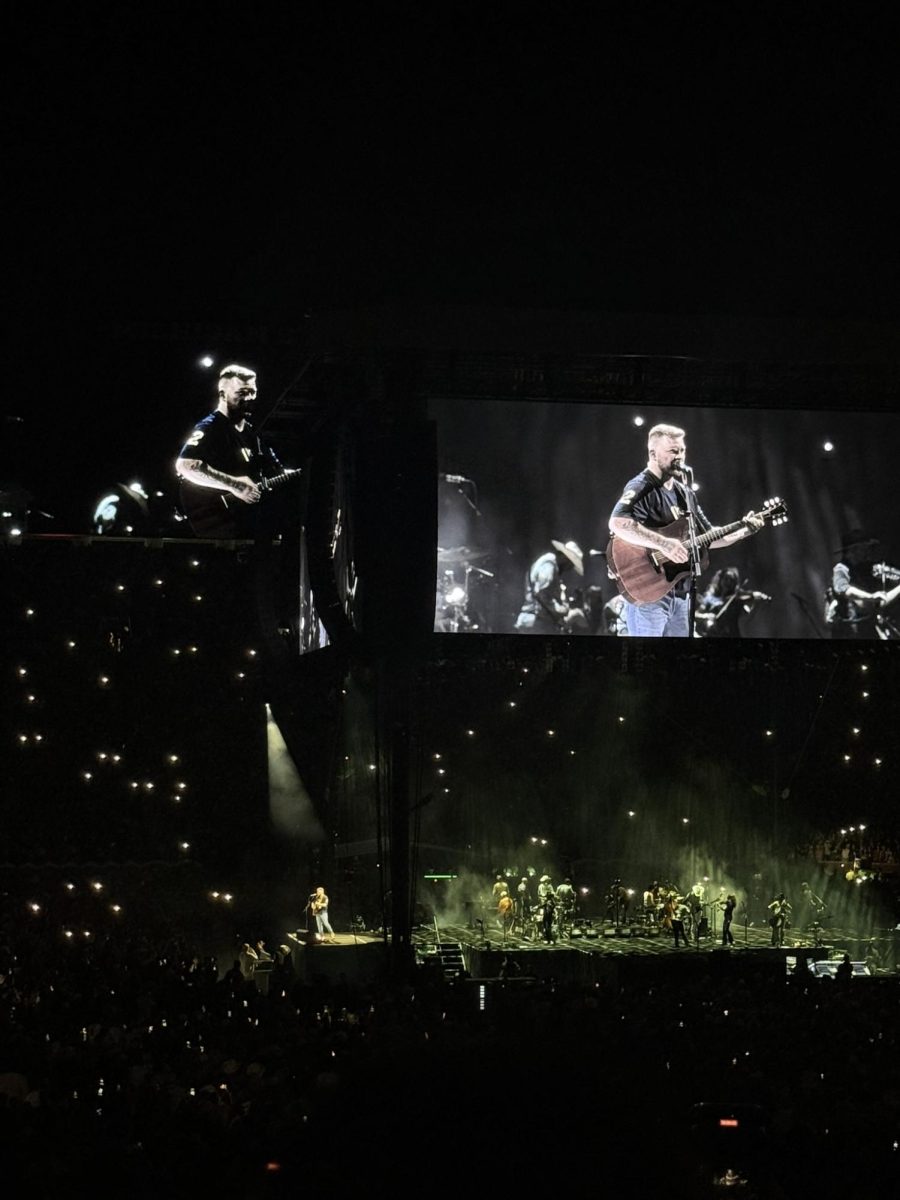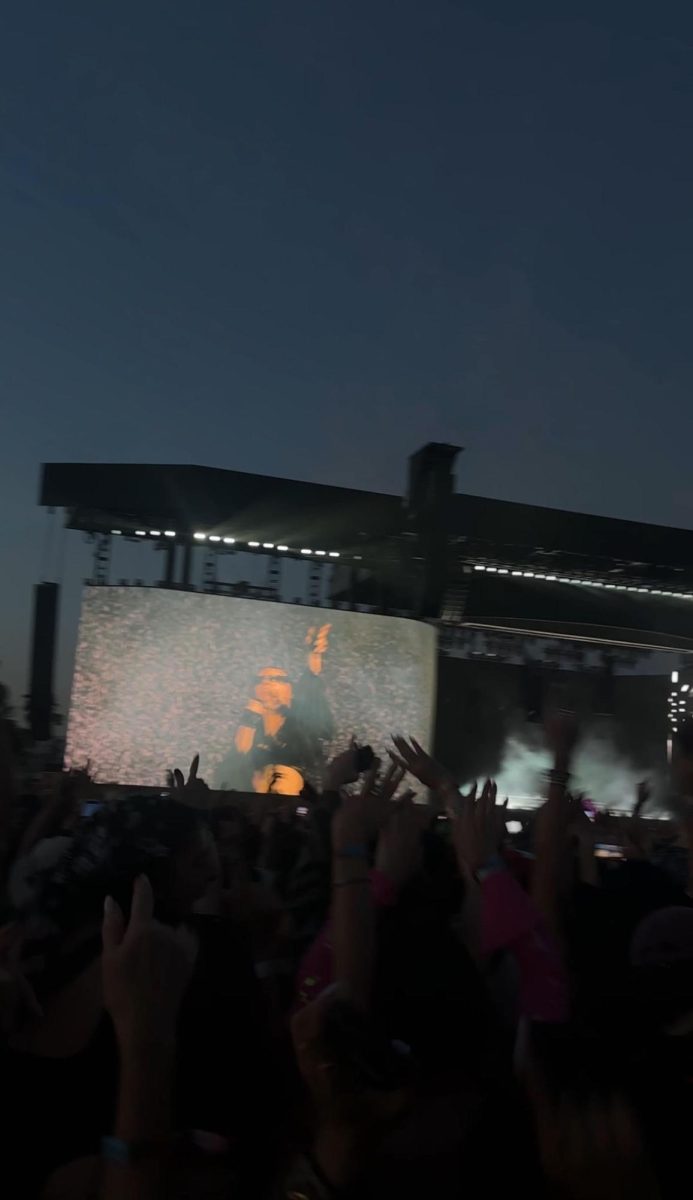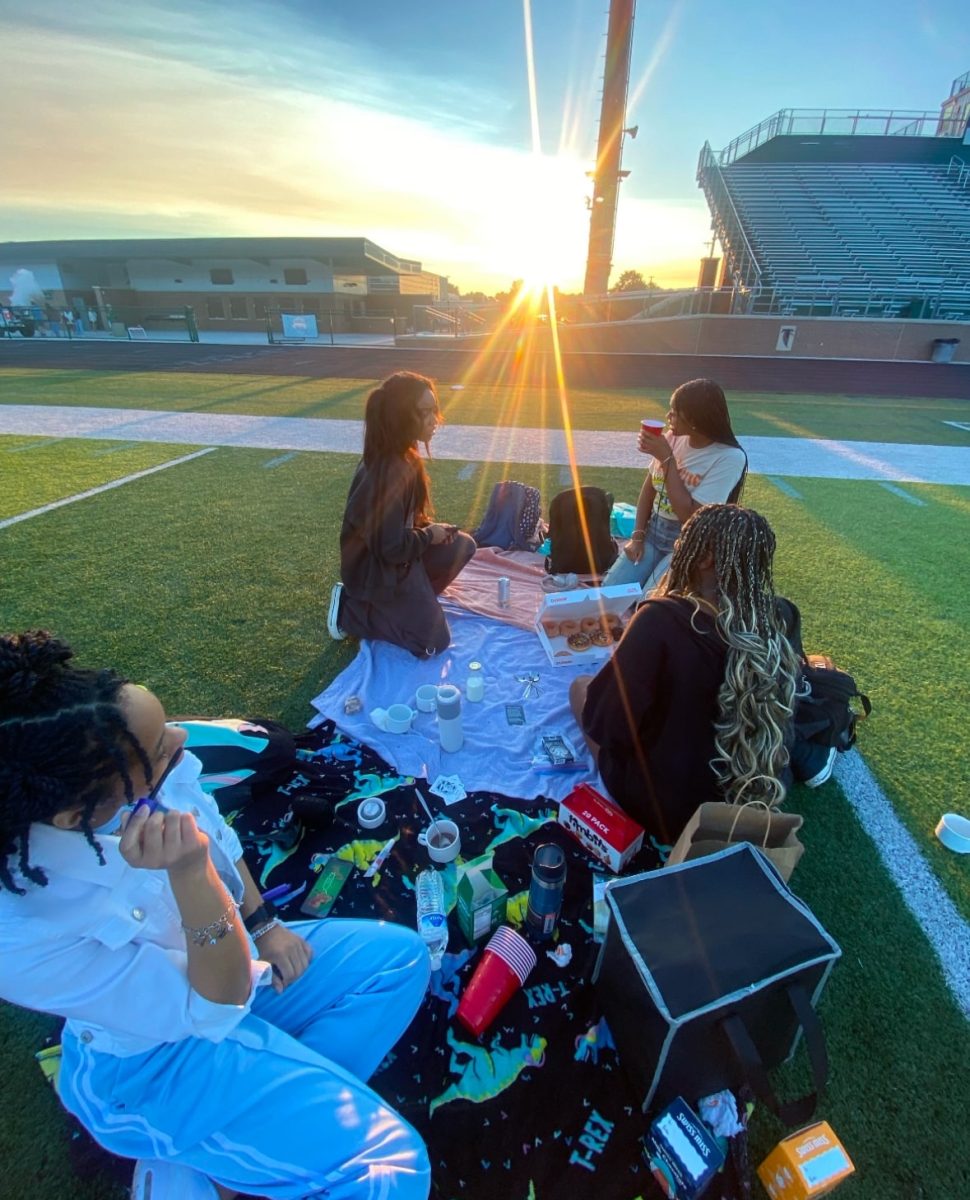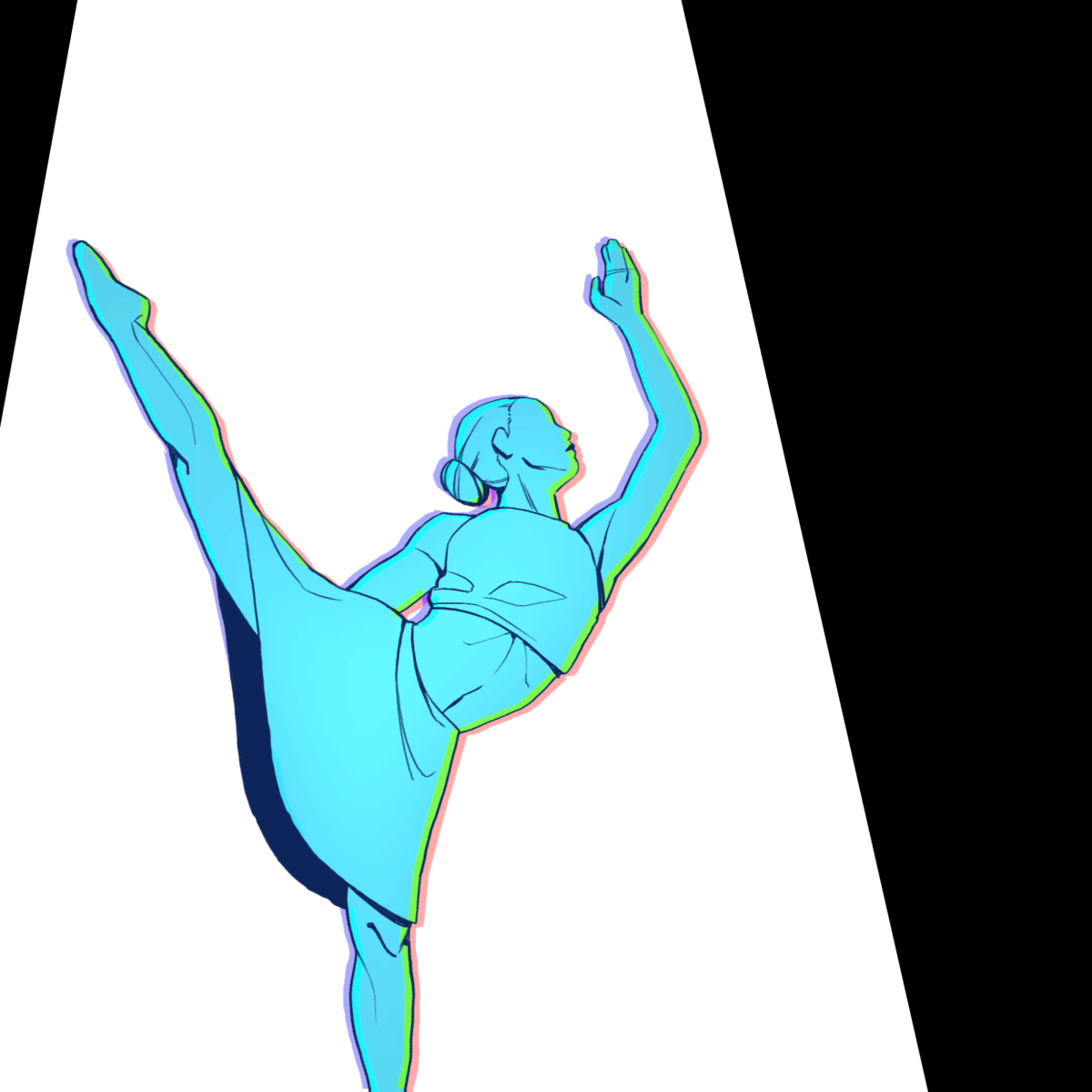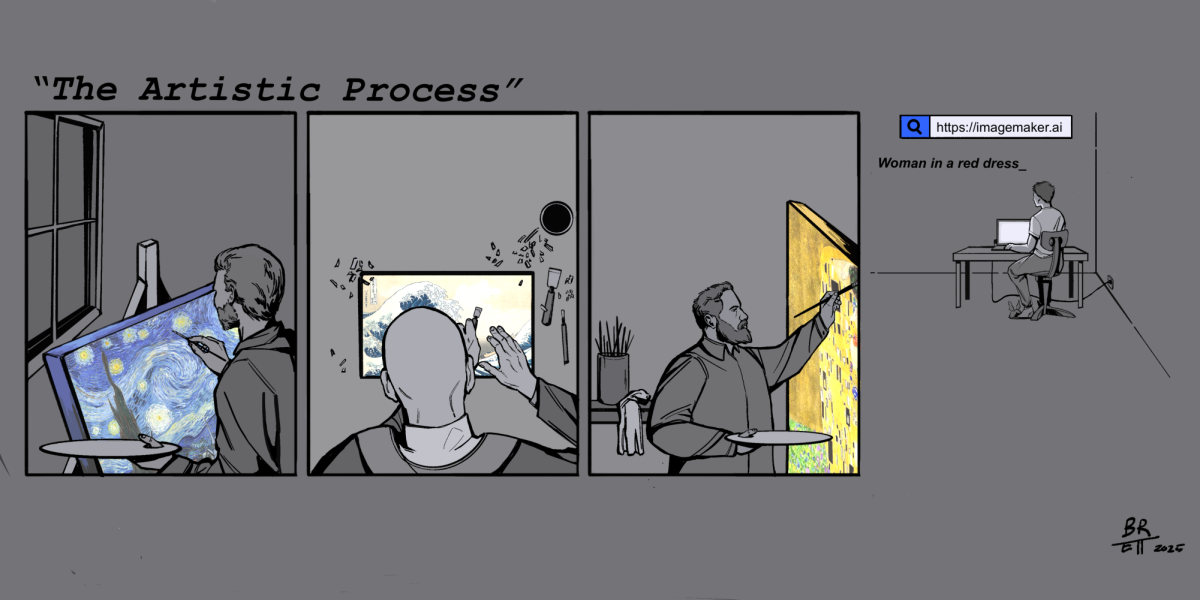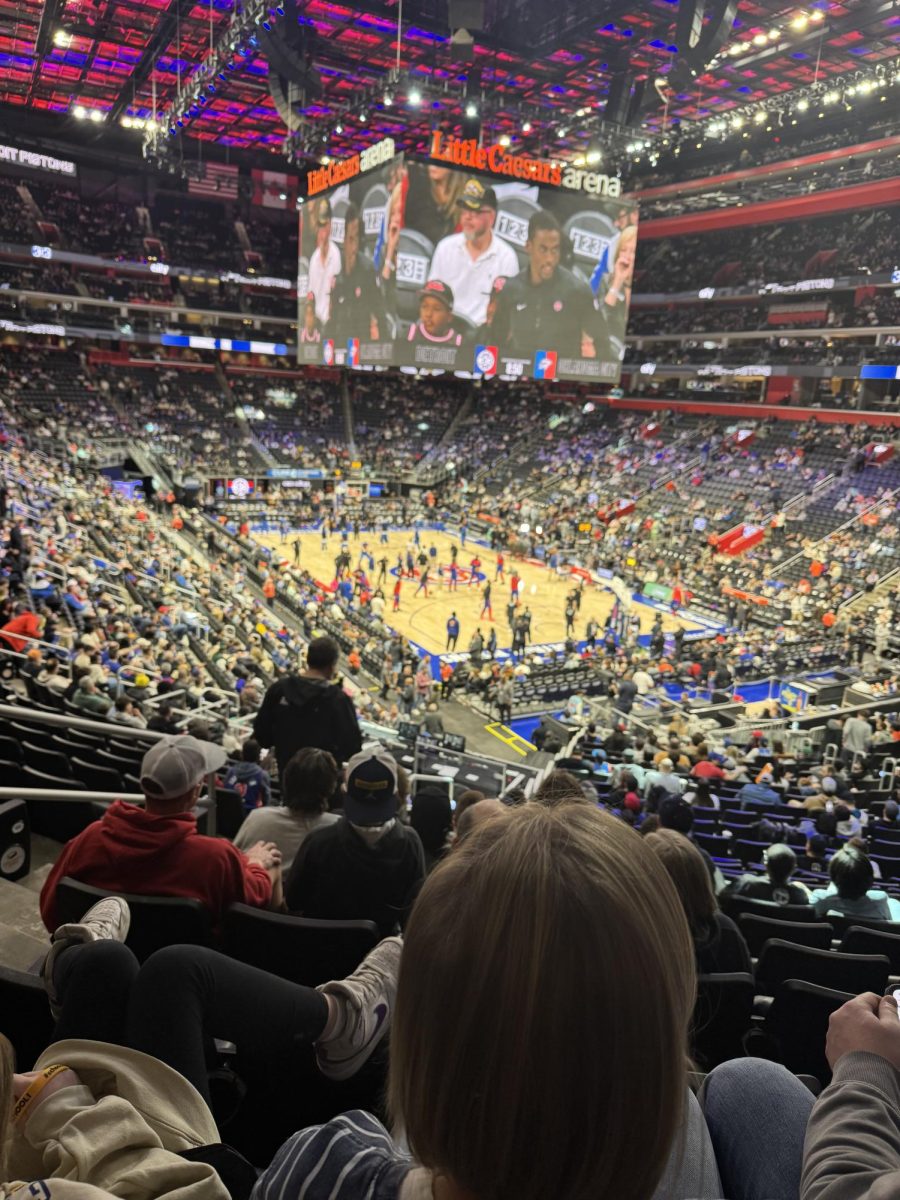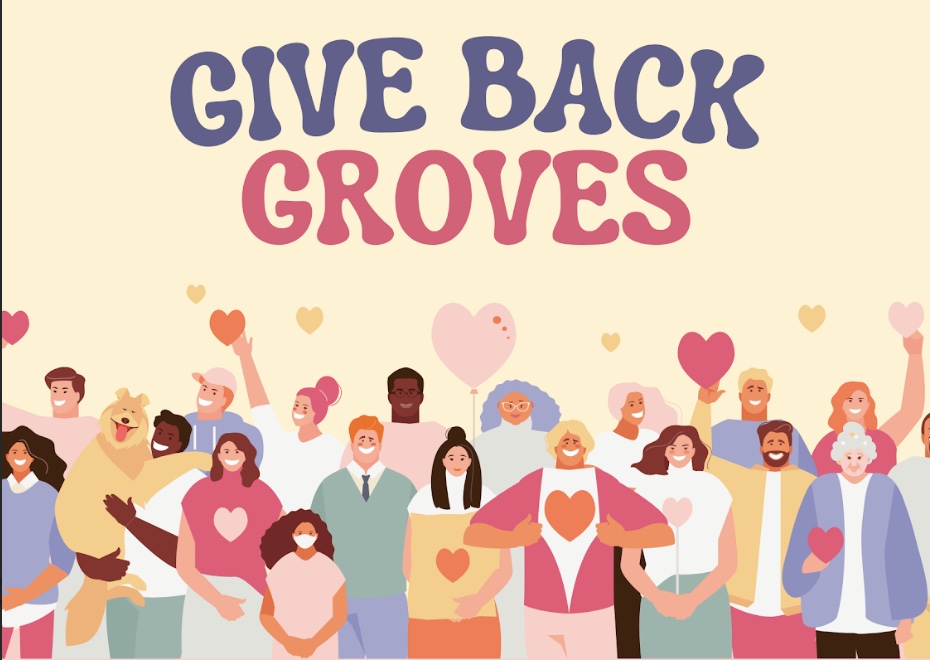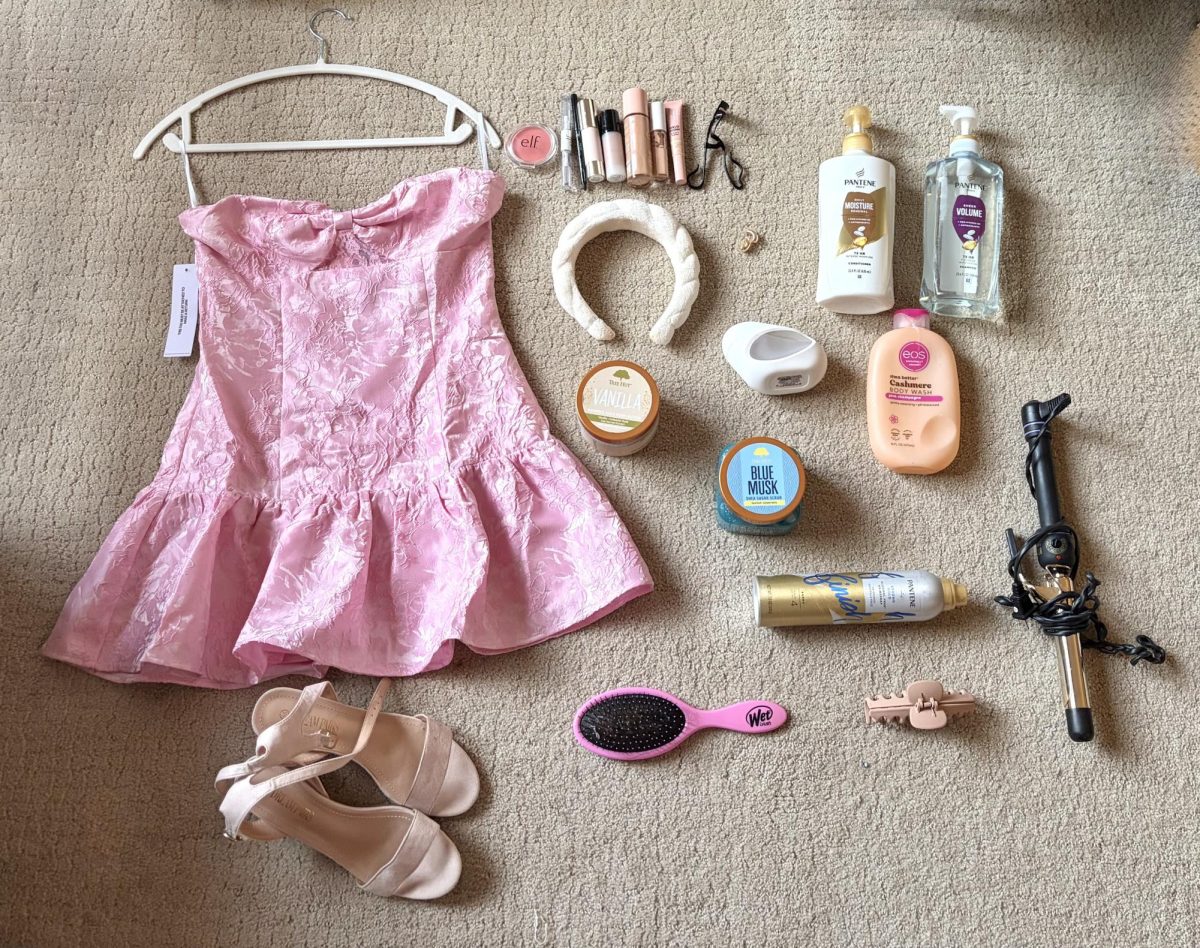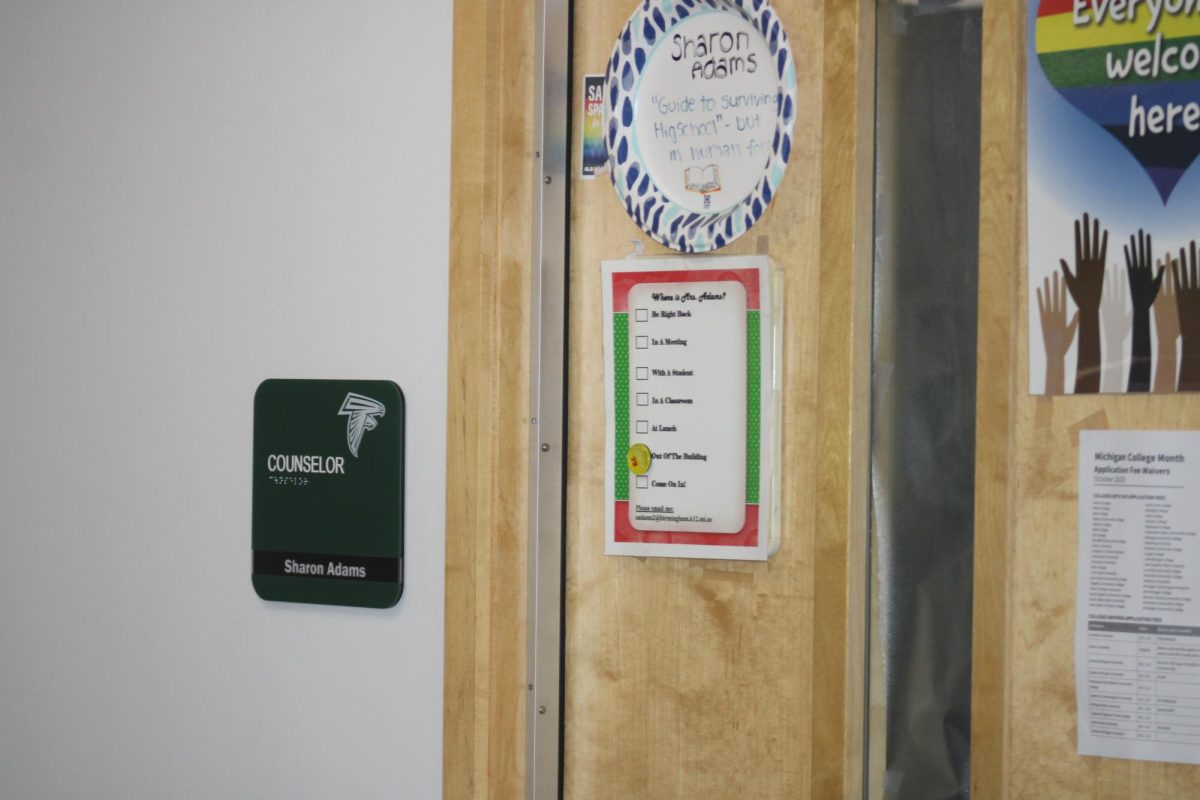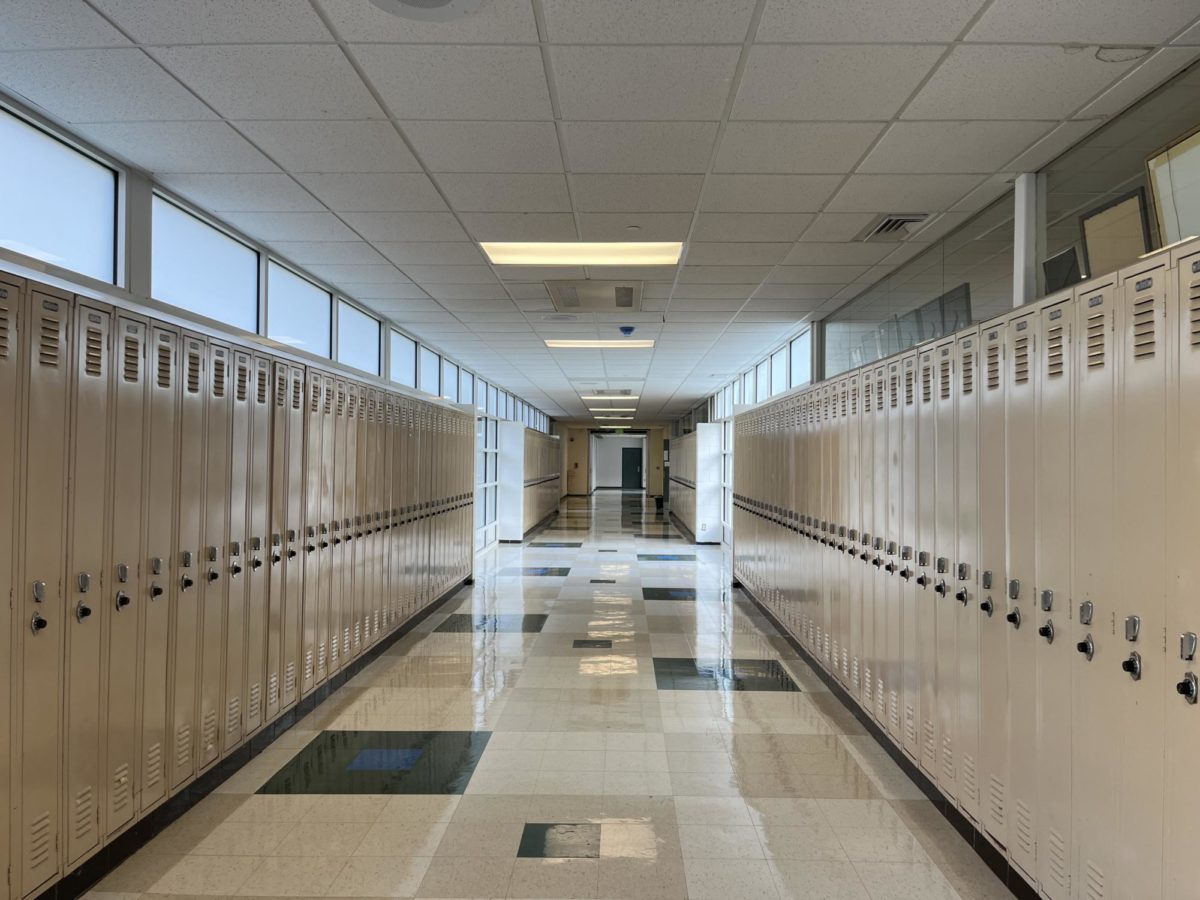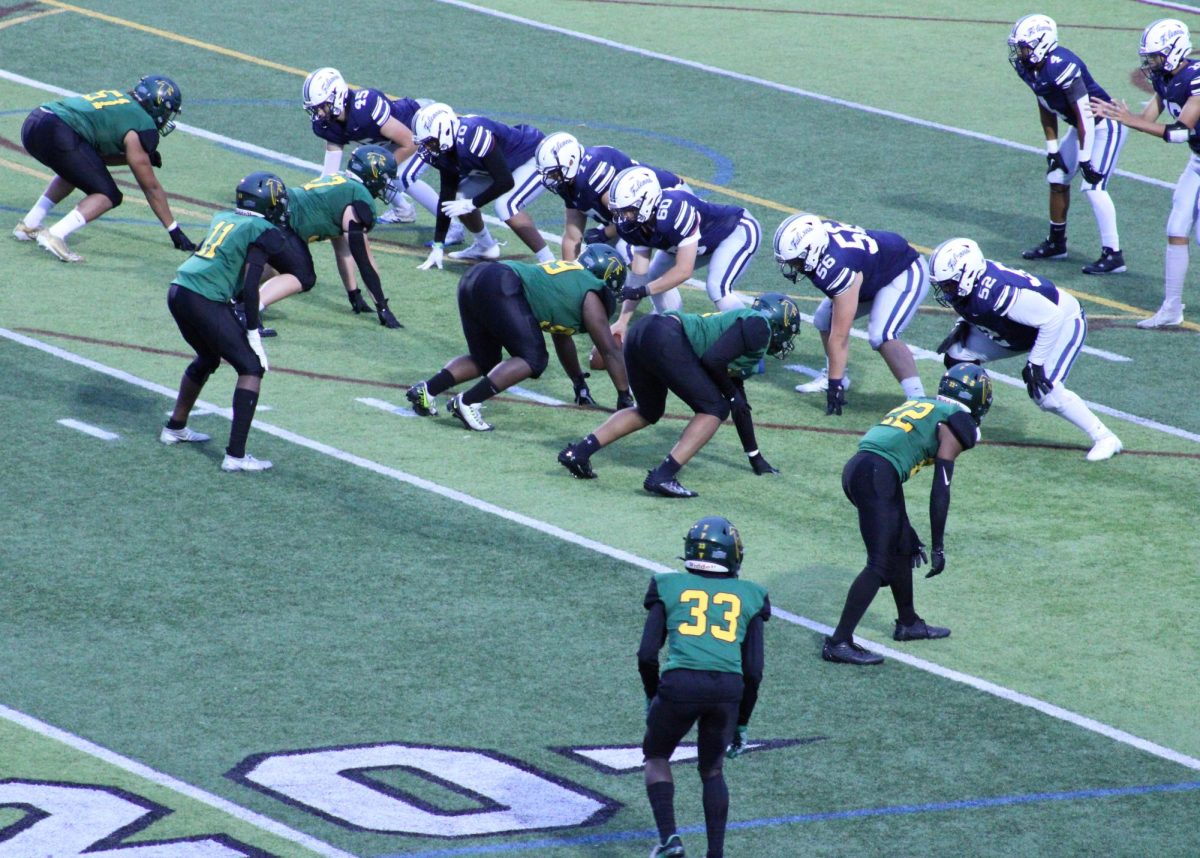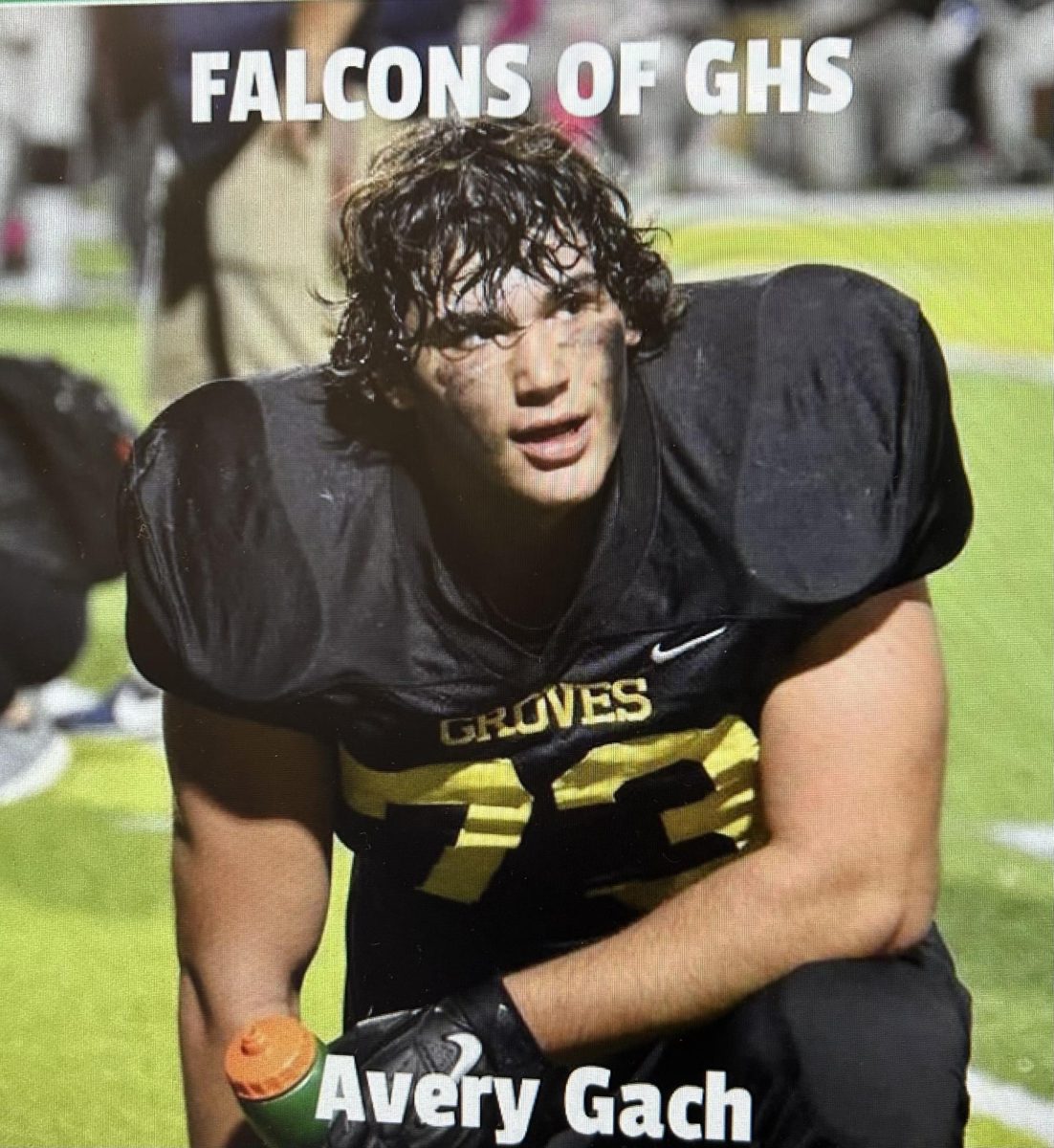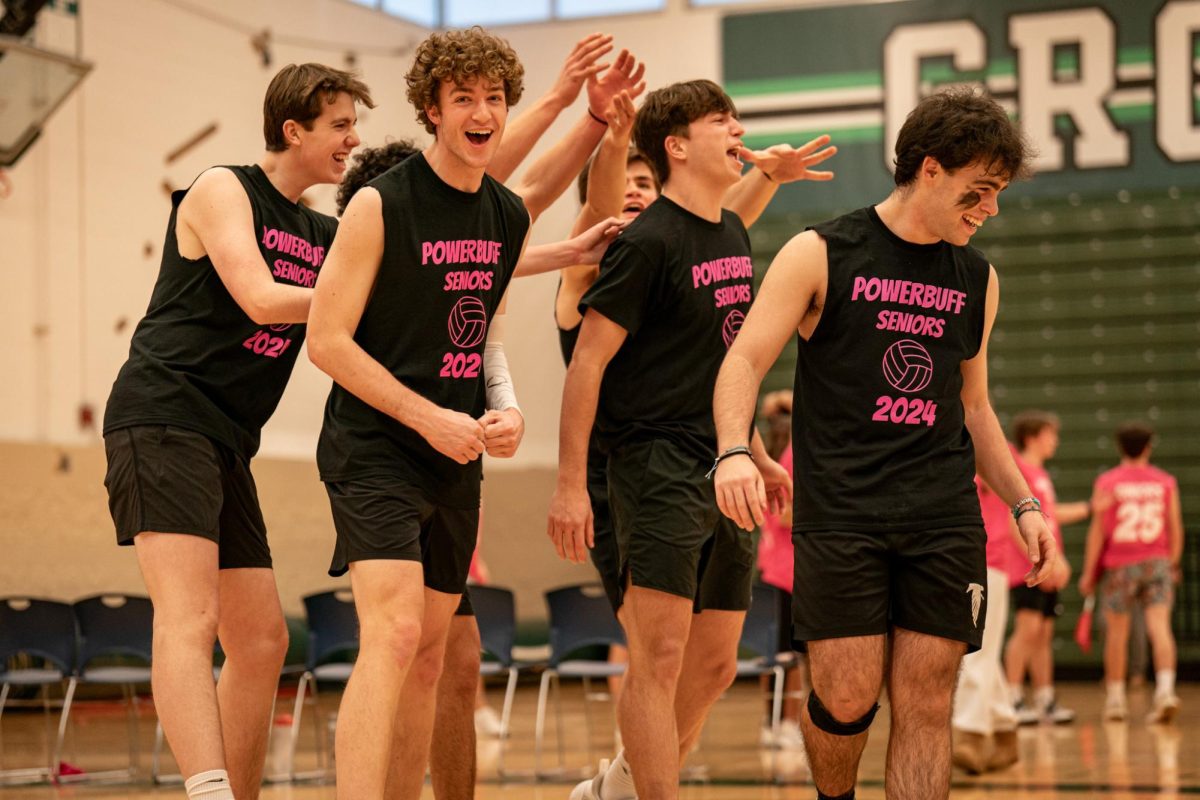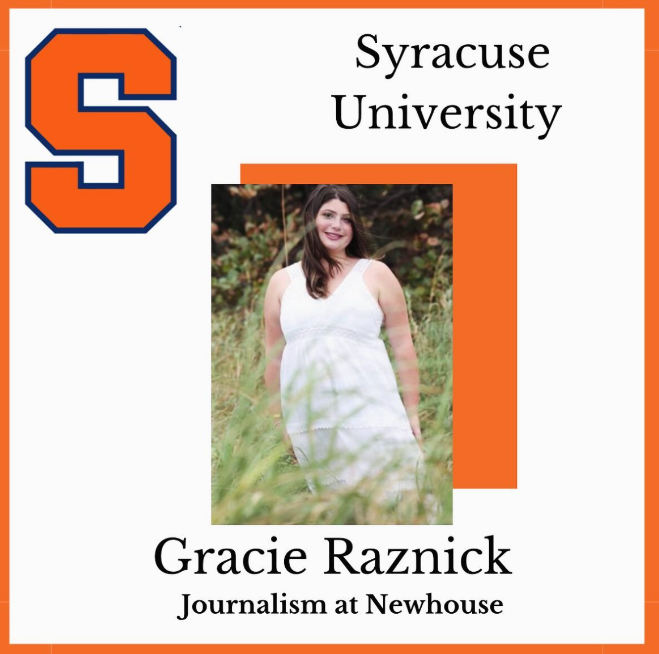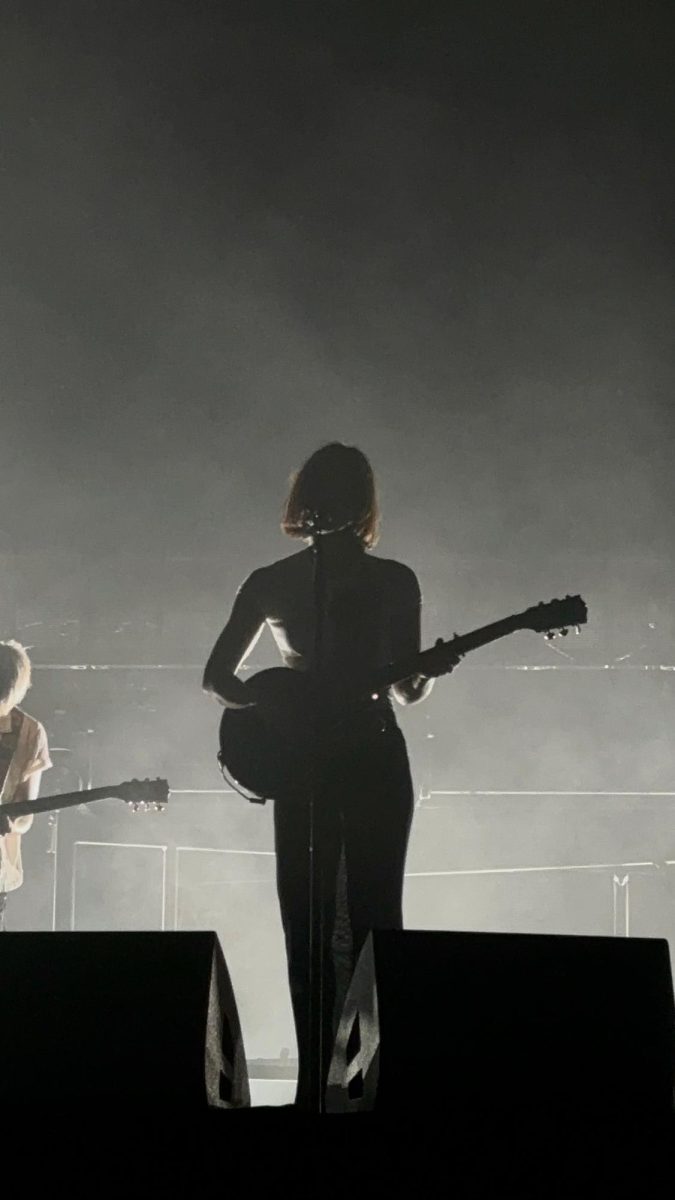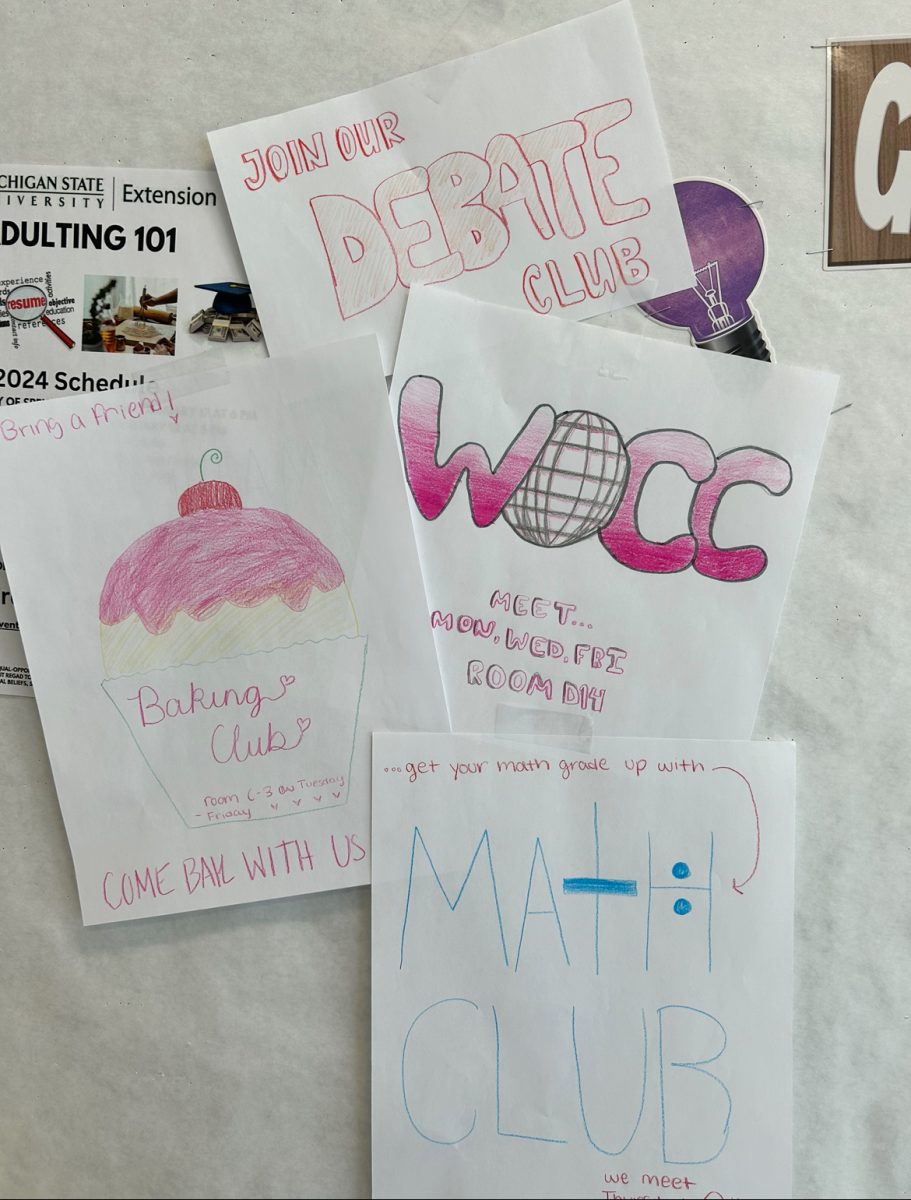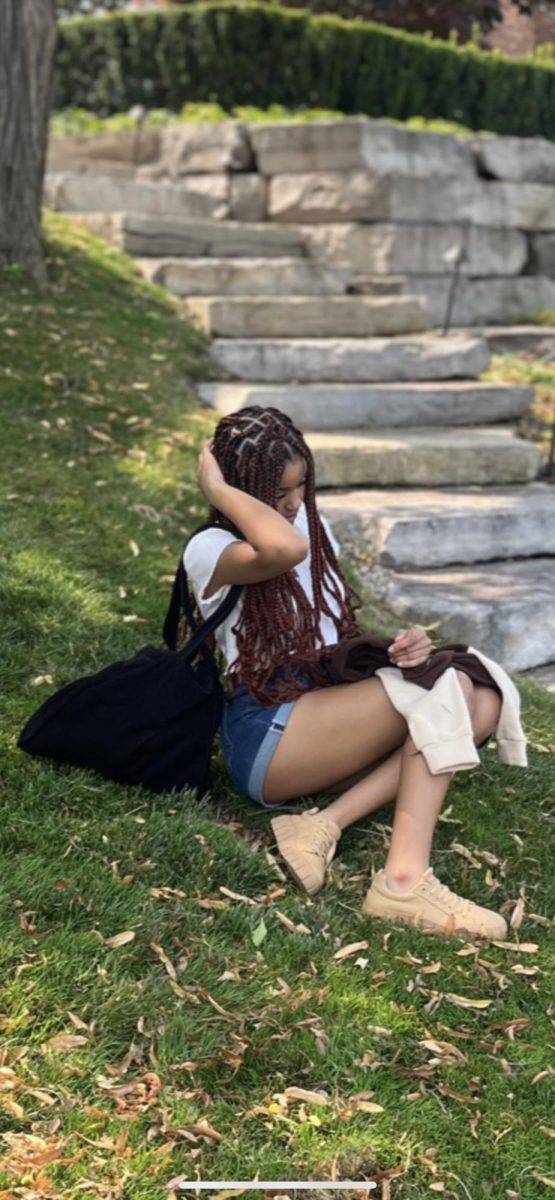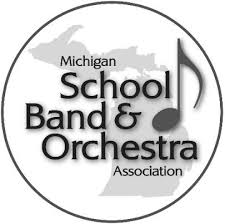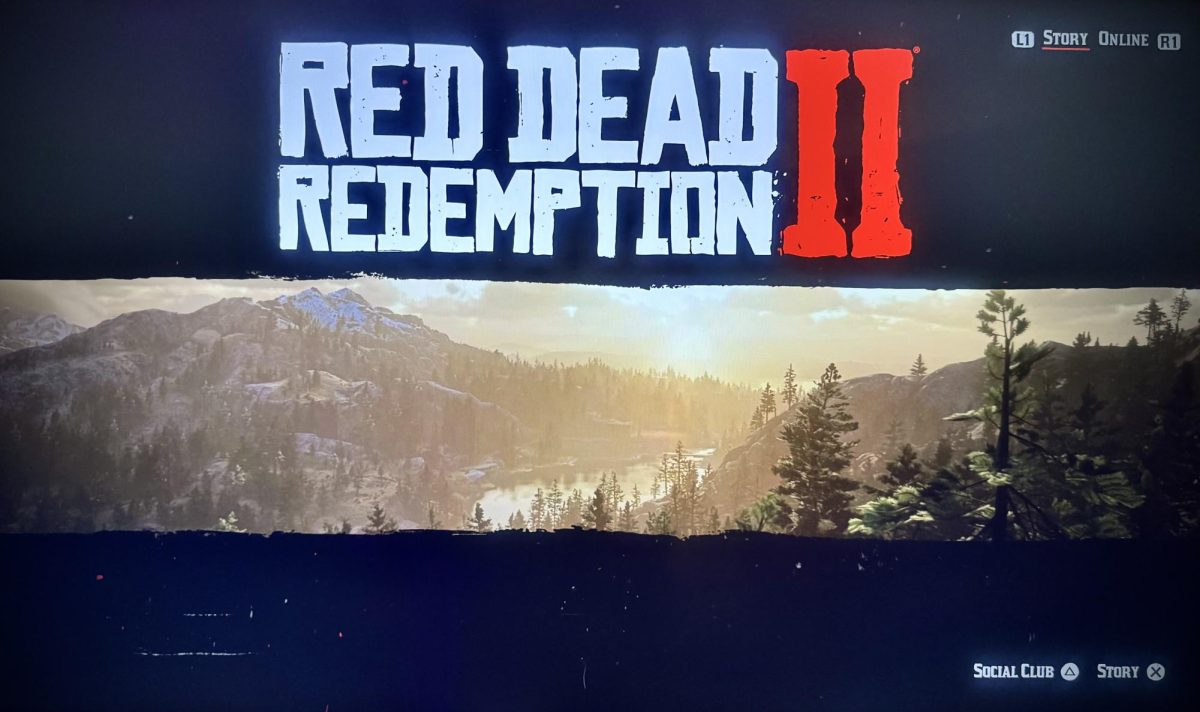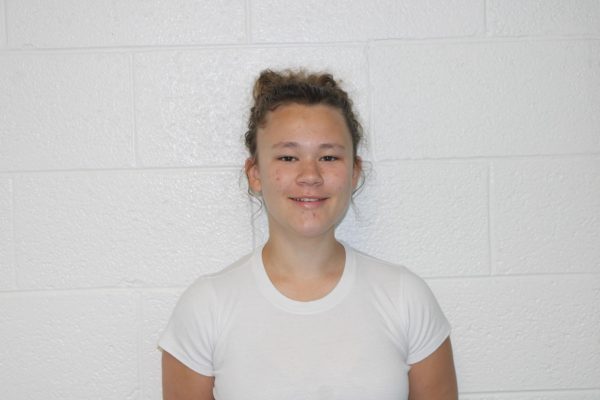Standing alone in front of an audience is one of the biggest fears in the world. In a group, there is room for error. There is a group to support you, cover your mistakes and draw eyes away from you. When you are alone, however, all eyes are on you. You spent hours perfecting your work only to have every mess-up on view for the audience. This is a fear that many Groves students face every year in the state Solo and Ensemble Festival.
Solo and Ensemble is a statewide competition run by the Michigan Scholastic Band and Orchestra Association (MSBOA). It is an opportunity for band and orchestra students to prepare and perform a song on their chosen instrument as a solo, duet or small group.
“You get judged by a professional who gives you advice on your playing,” Henry Franco said. Franco is a Sophomore Pianist and one of the Groves Band Members who participated this year.
The judge not only provides feedback on participants’ performance, but also ranks them based on different elements of the performance including technique, tone, correctness, musical choices and difficulty of piece. The specifics of these elements can vary based on instrument, but all students are judged based on a point rubric and get an overall score of one through four, with one being the highest.
For Solo and Ensemble, students have to perform at several levels of competition.
“You have to receive a division one rating at District Solo and Ensemble, and then you move on to State Solo and Ensemble” Sofia Marx, Groves Orchestra Violinist, said. Marx goes on to explain the parameters competitors must follow when picking a piece to perform, which must be longer than 2 minutes.
“It has to be some type of public domain,” Marx said. “For example, if you wanted to do something by ear, or if you wanted to do some song that you arranged yourself, you wouldn’t be able to do that.” Pieces must follow certain guidelines, which limits what students are allowed to perform.
Franco and Marx are two of the many Groves Band and Orchestra Students who made it past the District level and onto the State Solo and Ensemble competition. At States, not only is the competition harder, but there is an additional expectation for Soloists: Proficiency Ratings.
“You have to do scales, perform your solo and do sight reading as well,” Marx said. “There’s three proficiencies, usually based on grade. This year, because I’m a senior, I did proficiency three, which is the highest.”
For those unfamiliar, Scales and Sight reading are exercises that test the students’ knowledge of music and their instrument, or their proficiency. Scales are the building blocks of songs and some of the first techniques instrumentalists learn. At Solo and Ensemble, students are expected to know and perform many different types of scales depending on their instrument.
Additionally students must sight read, a test wherein competitors are given a piece of music they have never seen before and have only a few minutes to analyse the music before playing it to the best of their ability.
With all of this being tested, students must put in a lot of personal time in order to prepare.
“Hours of practice,” Franco said. “That’s all you can do. Reviewing scales, practicing sight reading and then, obviously, practicing your prepared piece.”
Unlike Band or Orchestra class, Solo and Ensemble puts all the responsibility on the individual, making it not only one of the best ways to improve on your instrument, but also an opportunity to develop skills like time management and personal motivation.
“I started practicing my piece over the summer,” Marx said. ”I didn’t do as much scale preparation because they’re very pattern based, so I know I do the same thing for every skill. I spent a couple weeks before working on sight reading, because I’m not as strong with it.”
Even with all of this preparation, many students don’t make it past the District Level, or don’t receive the score they’d hoped for.
“I was a little disappointed with my score. I got a one, but there is a range of scores you can get within the one, and my proficiency rating was lower than I had wanted.” Marx said. Franco was a little more optimistic, focusing instead on his overall performance and the work he put in.
“I think I did well both times. There were some things I wish I could have done better on, but overall, I think I did pretty well.” Franco said.
Solo and Ensemble is open to all Groves and Band and Orchestra students, and while not all students move on to the state level, anyone who competes enhances their playing and participates in individual and small group work. Students can also build on those skills over many years of competition.
Solo and Ensemble is just one of many Groves opportunities in which students exhibit growth in their particular skills and learning for general life. The competition happens to be one that goes unnoticed. Next time someone mentions they’re in band or orchestra, ask them about Solo and Ensemble. After all, they stood alone and presented their personal work. If that sends shivers down your spine like it does mine, remember to give them a big congratulations as we continue to celebrate all the different students at Groves.

